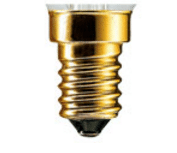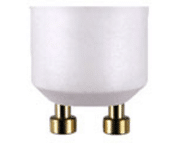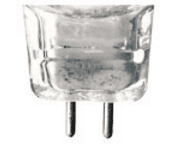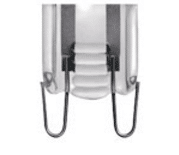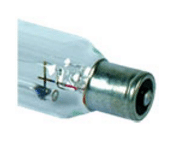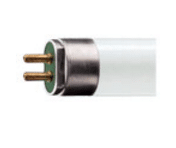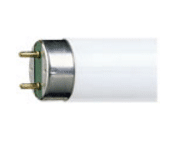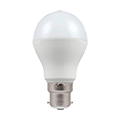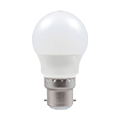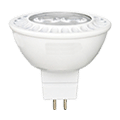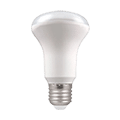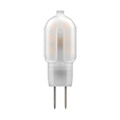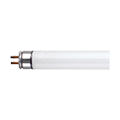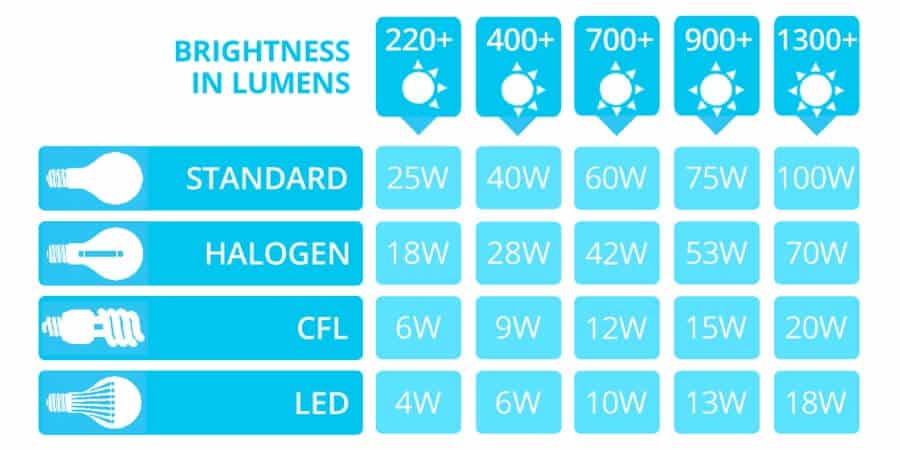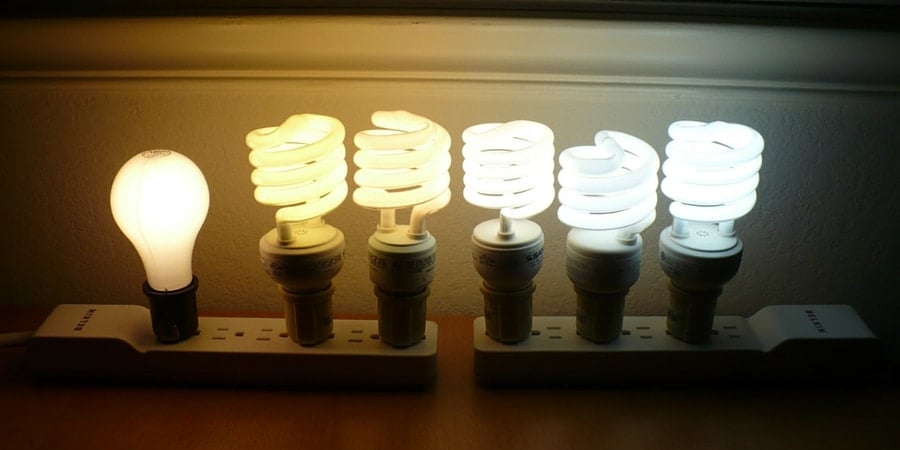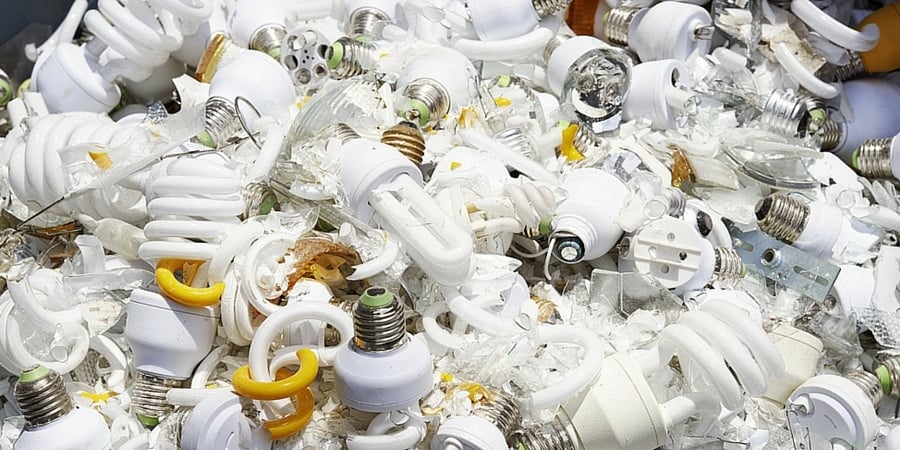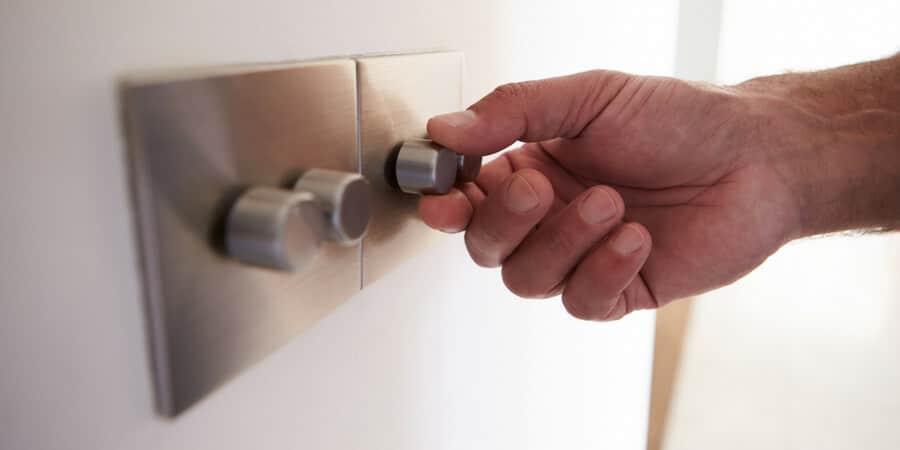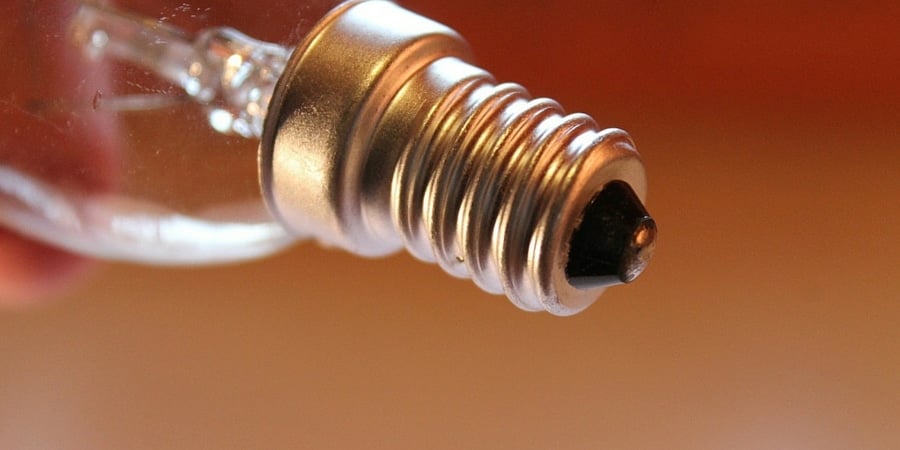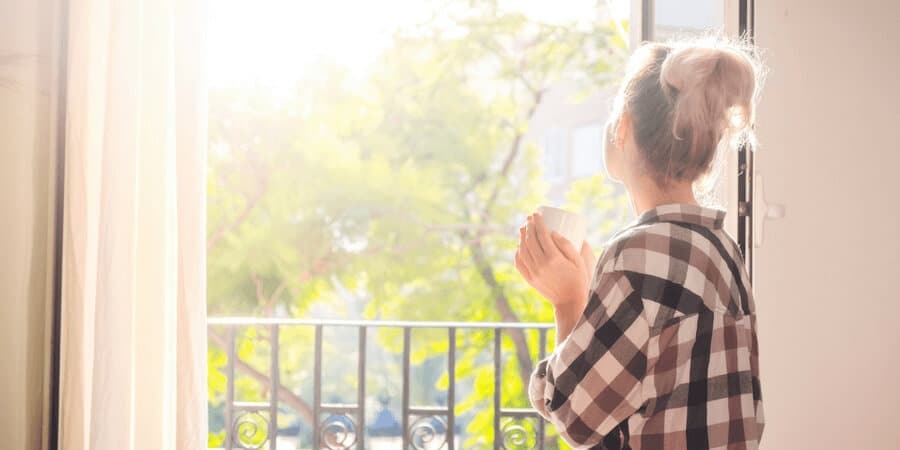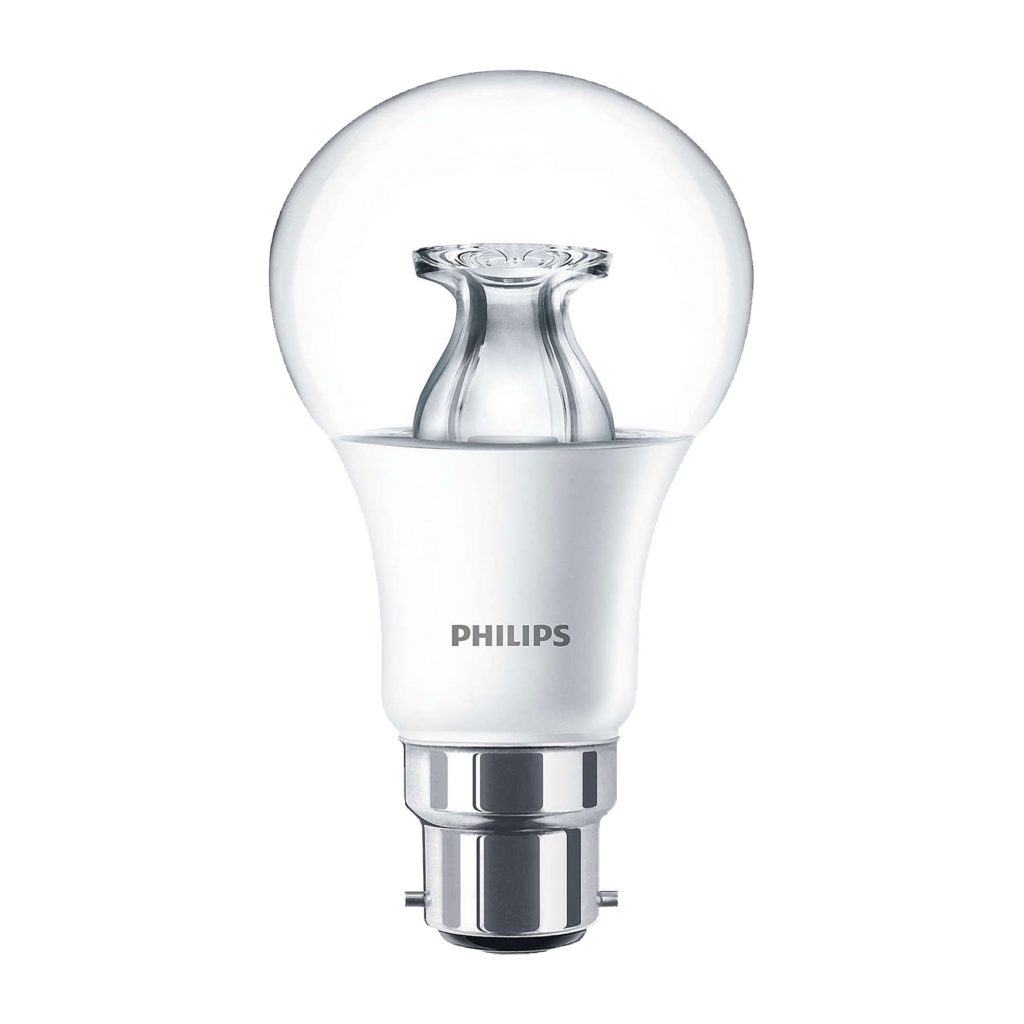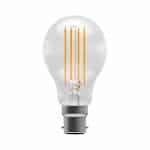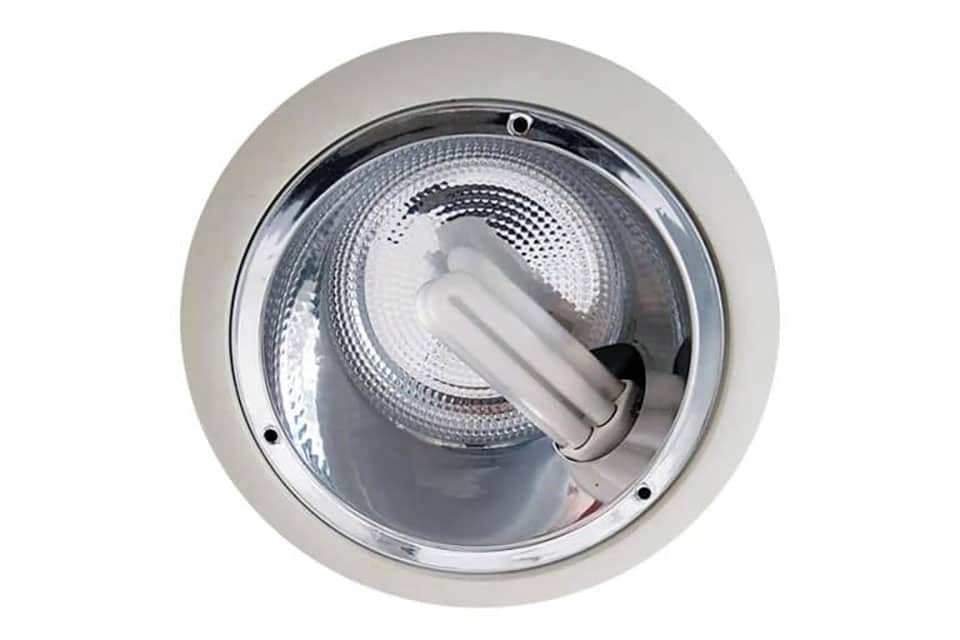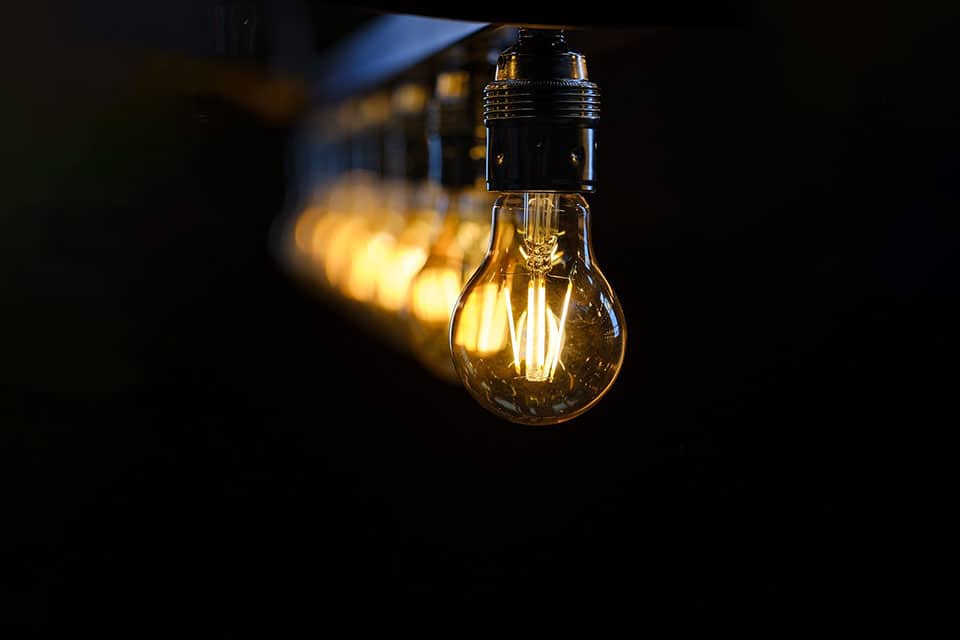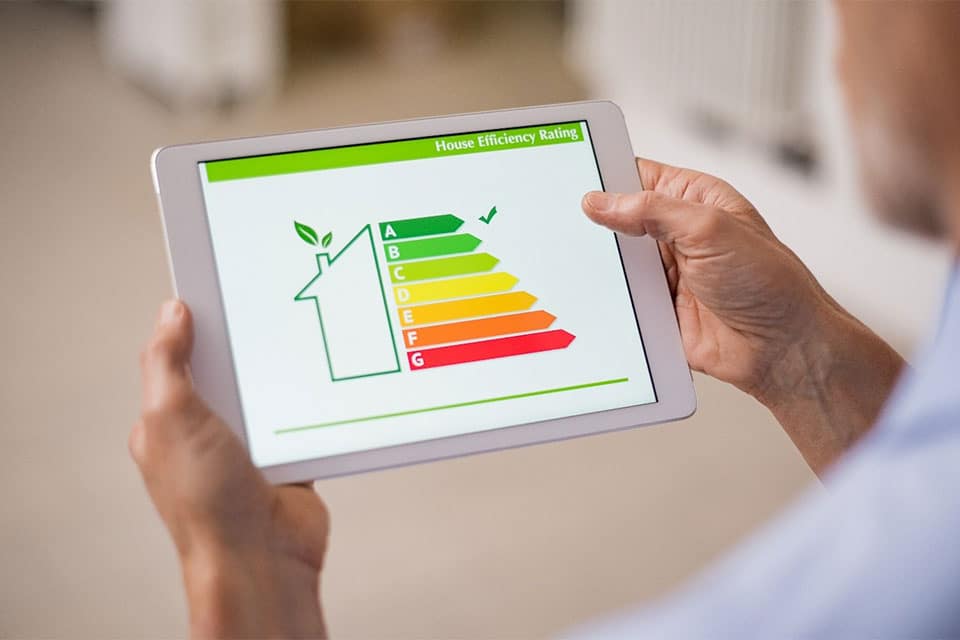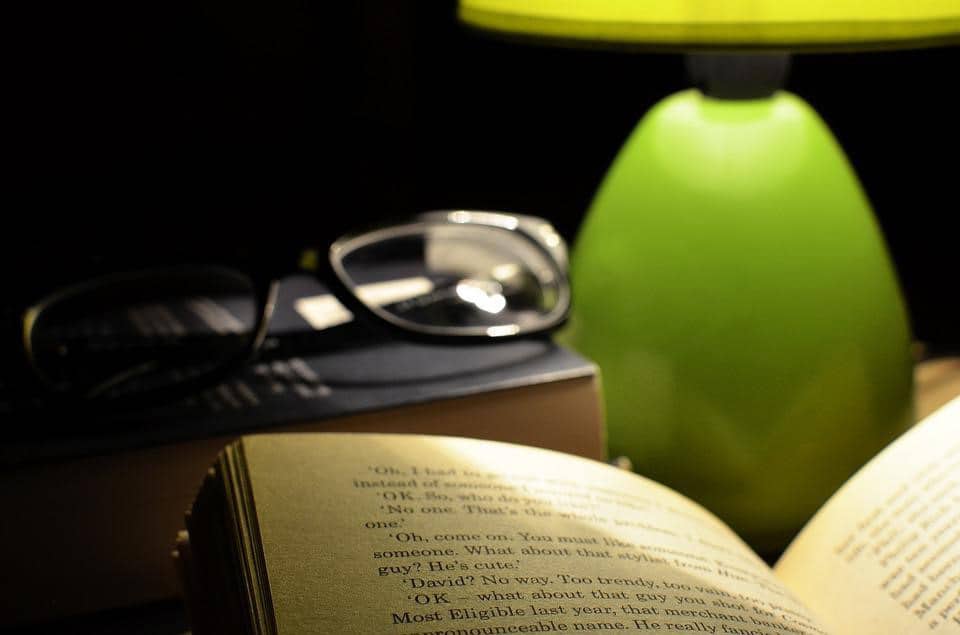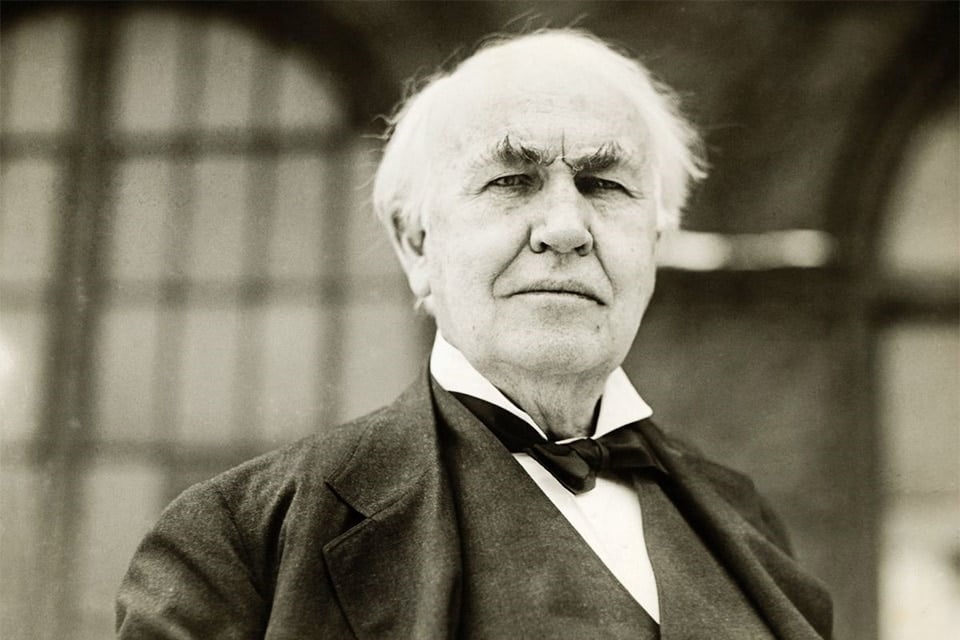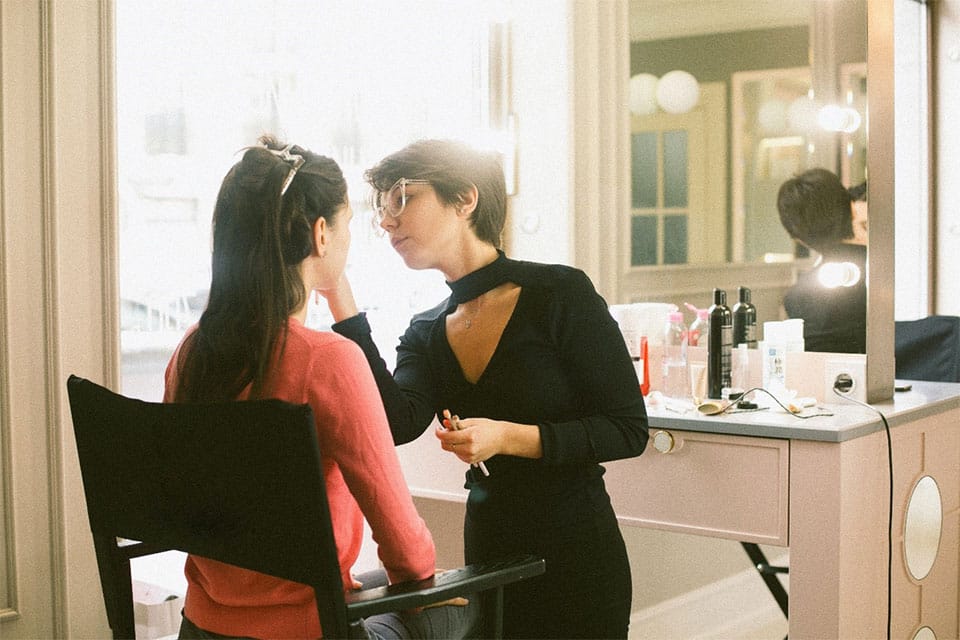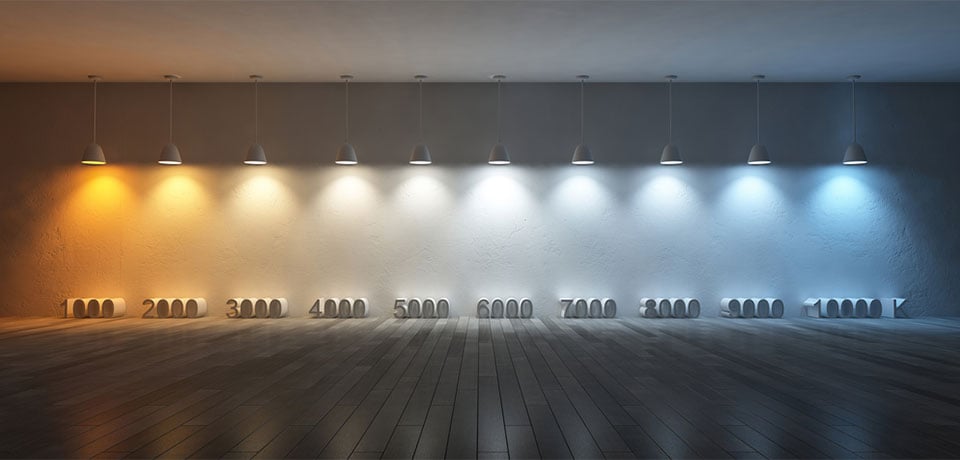Light is integral to human life. Our exposure to natural and unnatural sources of light significantly influences our daily lives and our overall health, including our emotions, productivity, sleep patterns, sight, and even the choices we make. We know it’s important, but why exactly does light have such a huge impact on us? Let’s find out.
The Impact of Illumination
Our circadian rhythms, or internal body clocks, are directed by light. Light signals to our bodies and brains when it’s time for us to wake up, when we should feel alert or tired, and when it’s time for bed. As a result, the amount of light we get each day can have a huge impact on our emotional and physical well-being. When we don’t get enough light, when we get too much, or when get the wrong kind, we start to feel it on a few fronts:
Emotions
Anyone who has ever experienced Seasonal Affective Disorder (SAD) can tell you that light influences your emotions. The level of light we get affects our mental chemistry, which can give us calm, happy feelings, and just as easily induce pessimism and sadness. In fact, if you’re feeling a little blue, stepping outside into the sun for just 15 minutes per day can help lighten your mood.
But that’s not all. Studies have shown that bright lights can trigger more intense emotions, both good and bad. That means on extremely sunny days, happy feels even happier and sad feel even sadder. So, for a more stable and calming environment, keep your lighting warmer and less intense in areas where you need to relax, such as your bedroom.
Look for something between 500 and 800 lumens with a colour temperature of 2700K or warmer:
Note: If you are experiencing SAD and are interested in light therapy treatment, you need a special kind of light. Make sure you consult with a physician and look for lamps that are specifically advertised for light therapy.Productivity
The invention of the lightbulb in 1879 ushered in a modern era that enables us to work well after sundown, but our around-the-clock access to light isn’t always a boon to our productivity. Who hasn’t felt sluggish in a harshly or poorly lit office? Lighting plays a huge role in how you feel at work or school, as well as how well you’re able to perform. A properly lit office or school can help employees and students feel happier, more at ease, and improve their productivity level.
Colour temperature and overall brightness are important for keeping people alert and making it easy for them to focus. The best ways to do this are to:
- Include different types of lighting, such as task lighting in addition to general and accent lighting, so that people can adjust their workspace lighting to suit their needs.
- Keep lighting at the right brightness and colour temperature for the task. Since very bright lighting can heighten emotions, aim to have general lighting lower and warmer and use cool, bright bulbs in controllable task lamps.
Uncover 4 secrets to a well lit room and learn what to do if you don’t have a lot of natural light.
Sleep
Since light wakes us up and keeps us alert throughout the day, it also has a huge impact on our internal clocks and how well we sleep. If you have difficulty sleeping and suspect bad lighting might be the culprit, you can improve your sleep by:
- Increasing your exposure to bright light in the mornings.
- Keeping bedroom lights low and warm in the evenings.
- Staying away from bright screens (including your mobile phone) close to your bedtime.
- Having a low-light, very warm coloured night light you can use if you need to get up in the night.
Learn more about how to properly light your bedroom.
Sight
The wrong kind of light can cause damage and eye strain, which you might experience as headaches and tired eyes. Blue light in particular can have intense effects on our eyes, especially on children and young adults. The best way to avoid these symptoms is to read under warm lighting, use dimmers so you can adjust the brightness of your bulb, and utilize blue-light blocking filters on computers and screens, particularly in the evenings.
Choices
Light influences our mental state, which ultimately influences the decisions we make. Intense or bright lights heighten emotions, and some retailers have taken advantage of this by turning the lights up, which may make you more likely to make impulse or emotional purchases. So before you decide to buy something with a high price tag, step out of the store and think about it for a bit.
How much light do we need?
Light is essential, but getting too much or the wrong amount at the wrong time can impact you negatively. The amount you need depends on two different things:
- What time of day it is
- What you’re trying to accomplish
Early in the morning, you want bright light with a cool colour temperature; later in the day, you want something warmer and dimmer.
Time of Day | Type of Light |
|---|---|
| Morning | Bright, Cool |
| Afternoon | Bright, Cool |
| Evening | Medium, Warm |
| Night | Dim, Very Warm |
Keep in mind that for intricate tasks and things requiring lots of focus, you will want a brighter light. If it’s in the evening and you want to keep your light warm and relaxing to limit the impact on your sleep, select a bulb with a higher lumen level rather than one with a daylight colour temperature, and keep it directed toward the task and out of your eyes.
Learn more about colour temperature and lumen levels.
Why not try a smart lightbulb? Smart lightbulbs are lightbulbs that can be connected to your WiFi or Bluetooth, and paired with an electronic device— typically your mobile phone or smart home device like the Apple HomeKit, Amazon Echo, or Google Home. Once these bulbs are paired with your device and connected to the appropriate app, you can use the app in lieu of physical controls (like light switches) to adjust the lighting in any room with smart lighting installed, giving you the option to change the output and colour of your lightbulb throughout the day.
Learn more about Smart Lighting.
Lighten Up
Since light plays such a major role in our well-being, adding the right kind of light (or removing the wrong kind of light) is a quick way to improve your quality of life. Whether you need a better night’s sleep, a more relaxing environment, a boost in productivity, or a lift in spirits, updating your lighting is an easy way to lighten up.
Questions about LEDs? Check out our Ultimate Guide.
Pick out the perfect bulb with our buying guides.





